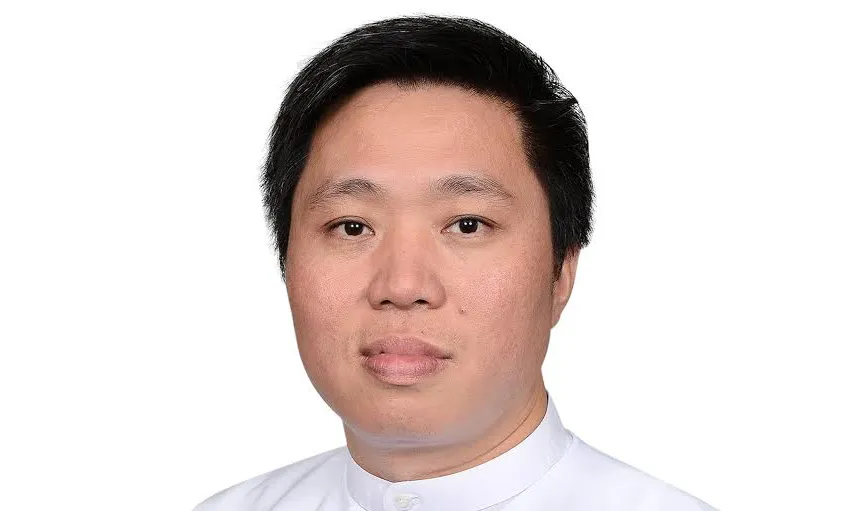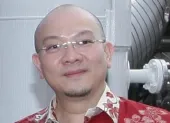
Myanmar's hydropower investors urged to zero in on sustainability
Industry leader Aung Zaw Naing calls for better sharing of information among hydropower professionals.
In Asia, 700 million people live without electricity. To meet Asia's growing energy demands, hydropower projects in the Mekong region are developing fast. In Myanmar alone, hydropower potentials top 100MW – the region's highest. If realized sustainably, the energy produced could benefit 34 million people, or about 66 percent of the population that currently live without access to electricity. This is coupled with Lao People's Democratic Republic's energy generation potentials, which could bring electricity to nearly all rural households by 2020, drive business growth, and generate income to reduce poverty.
The challenge, however, is to develop this natural resource sustainably. Asian Power recently caught up with the president of Hydropower Developers' Working Group, Myanmar, Aung Zaw Naing as he discussed why Myanmar needs to focus on project sustainability in the hydropower sector.
Myanmar has ambitious hydropower targets but is always plagued by project delays and still remains to be among the least-powered countries in SEA. Given these, is it still possible to achieve the nationwide electrification target by 2030?
The government faces a spectrum of challenges in the electrification target process, from generation, transmission, distribution, to grid efficiency. Private sector investments in the power generation sector will help the financing requirement of the entire sector's development, and thus accelerate the electrification process.
To encourage private sector investments, investors would need clear, private sector-minded and sustainable policy and regulations which help the bankability of such capital-intensive projects. This in turns reduces the financial cost of borrowing and consequently achieves production cost efficiency. Clear and sustainable policies also create a level playing field for all investors, which encourages more private sector investment.
When it comes to sustainability, Myanmar still has a long way to go in hydropower. What is lacking in Myanmar's hydropower sector so that this may be addressed?
The Hydropower Developers' Working Group was developed on the basis that the private sector has a key role to play in the sustainability of Myanmar's hydropower sector. Our businesses rely on more sustainable operations if they are going to have a higher return in the long-term. Sustainability is not achieved overnight; it's going to require everyone working together. Myanmar members will benefit from accessibility to international developers who have tremendous experience working globally. These developers would be able to help raise the level of awareness of international best practices in environmental, social and corporate governance standards. The coming together of the local and regional companies will strengthen the overall sector and ensure we have world-class hydropower companies operating in Myanmar coupled with local companies with improved know-how.
Also, if we share information better, we will be a step closer to achieving sustainability. The Hydropower Developers' Working Group plans to promote improved information sharing between its members including hydropower companies, consultants, legal firms and suppliers and the government and other stakeholders.
I agree – better engagement of stakeholders is the way forward if we are going to achieve sustainability. The HDWG is planning to hold annual forums where we can discuss sector concerns and challenges with stakeholders. We are hoping for the HDWG to become a platform for developers to better reach out to all stakeholders and likewise, a means for stakeholders to address all members collectively. With this model we are aiming for higher impact.












 Advertise
Advertise











